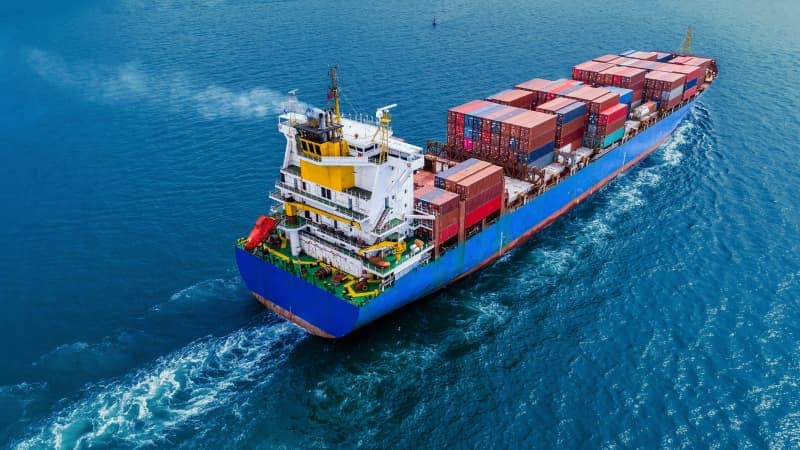Transcript
Question [00:00:03]
“What is your vision for the blend of alternative fuels in achieving a more sustainable transportation sector?”
Heiko Seitz [00:00:08]
Well, when you think about it, the transportation sector contributes to 24% of global CO2 emissions. So while, you know, mobility is a basic need, it's also pretty dirty, and we really have to think about how we can decarbonise it.
Now, we have a number of alternative fuels available to get the CO2 footprint down across global transport. And the most important fuel types are battery electricity, hydrogen, and alternative e-fuels.
And all of these have a different profile and a different use case. And most importantly, we have to recognise there is not one right and other wrong alternative fuels because they're complimentary.
Battery electricity has the lowest CO2 footprint when you look cradle-to-grave from the production of electric vehicles through the running up into recycling. When we always have to think about the whole circularity aspect, it's also the most energy efficient way of moving.
But hydrogen still has a future. I think especially when you think about applications for heavy traffic, public transport, long-haul transportation there is definitely a future for all these fuel types.
Question [00:01:19]
“Which sub-sectors are leading the charge in sustainable transportation?”
Heiko Seitz [00:01:25]
It's an interesting question because when we look at the way value chains have changed in mobility over the last years with these new topics, we see actually the border between these sectors are completely redefined because it's a sector convergent topic.
So there is not really one sector anymore that leads the charge because all these sectors have to collaborate and build these new, innovative technology based business models together, joined up to form new organisations and firms to really then capitalise on the business model that the user wants.
But maybe in a nutshell, the key sectors to collaborate is the automotive sector, the oil and gas powered and utility sector, working together with infrastructure providers and the tech companies to form the organisations of the future to deliver mobility for the customers across the world.
Question [00:02:16]
And what is the role of government in achieving a decarbonised transportation sector?”
Heiko Seitz [00:02:22]
Well, governments and policy makers, they have the role to basically kickstart the electric engine across the world because in the beginning of the formation of electric mobility ecosystem, the ecosystem is rather expensive and unattractive because you don't have infrastructure yet.
So there is a way with policy and regulation to really drive the uptake of electric mobility that's very much driven by subsidies, but also by penalising CO2 emissions and the use of petrol fuels.
So governments have the real strong responsibility to set the right policies, incentivise investors to create ecosystems that are not just user centric and attractive for us, for the people, but also attractive for the investors to really make it work.




















